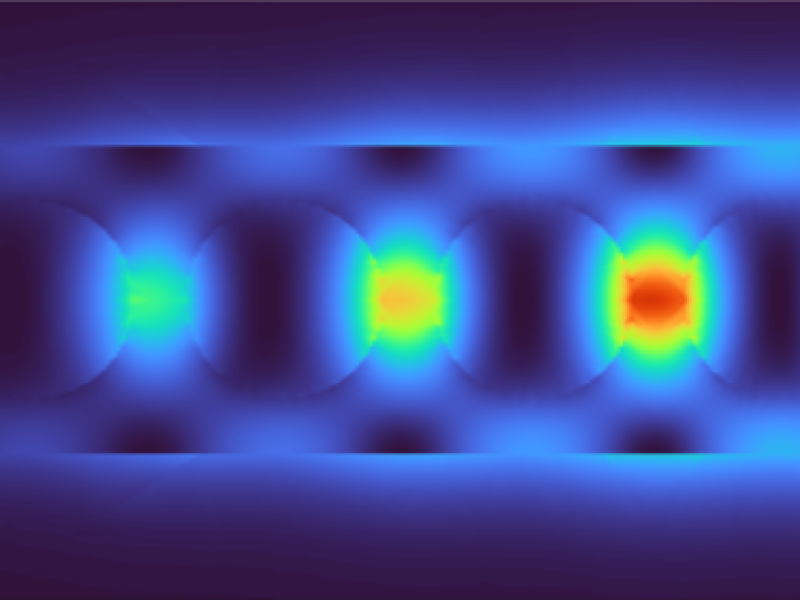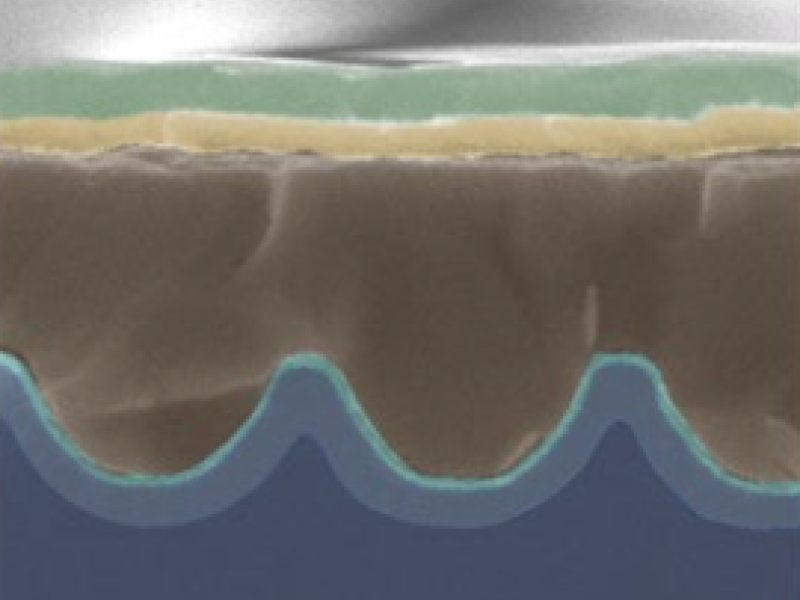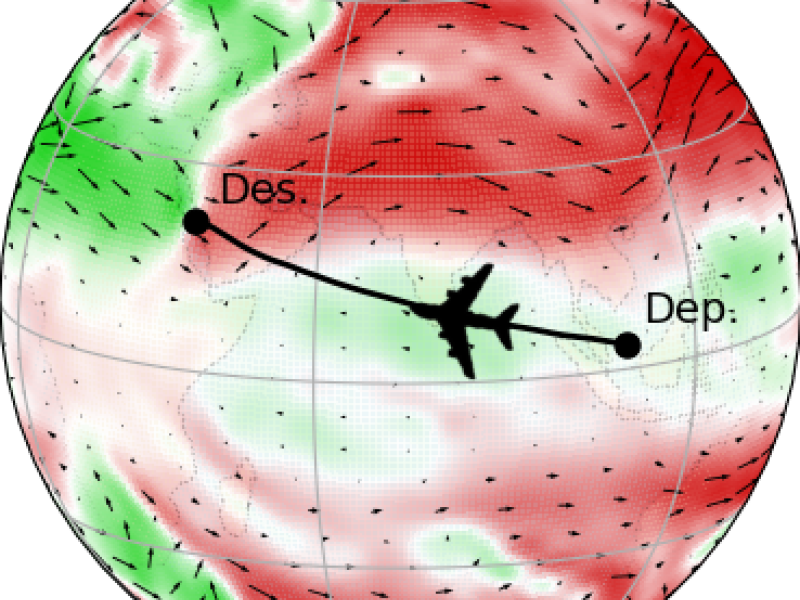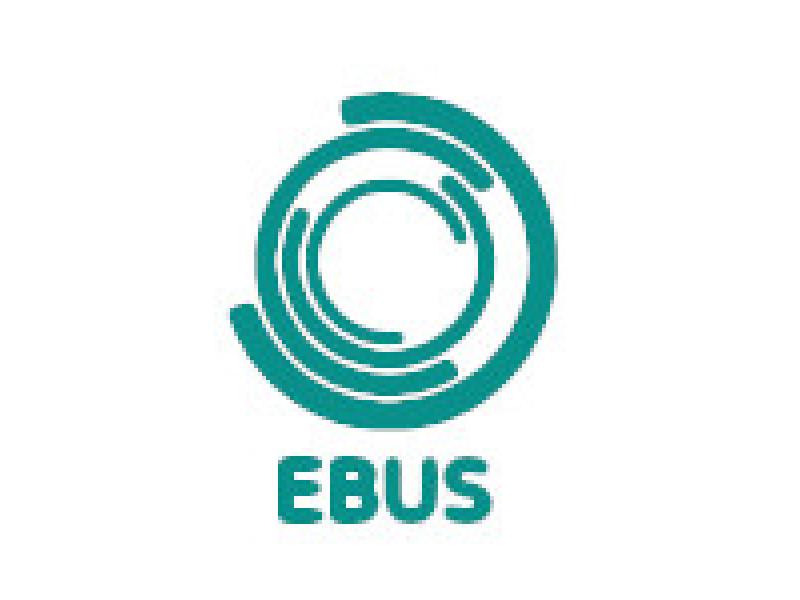Computational research on the energy transition plays a vital role in revolutionizing the way we generate, distribute, and utilize energy. By leveraging advanced algorithms, simulations, and data analytics, ZIB’s researchers can model and help to optimize various aspects of the energy transition. In a variety of projects, they help to optimize energy distribution networks, or investigate optimal strategies for utilizing existing infrastructure of hydrogen transport, for example. Additionally, computational research enables the exploration of different scenarios and policy interventions, allowing policymakers to make informed decisions for a sustainable and resilient energy future. By harnessing the power of computation, researchers can accelerate the transition to clean and renewable energy sources, paving the way for a greener and more sustainable world.
MATH+ AA-Ener-3
The project Next Generation Perovskite Photovoltaic Devices is a project within the Partnership Area Energy Transition (AA-Ener-3, 01/2026-12/2028) of the Berlin...
MATH+ AA-Ener-3
MATH+ AA-Ener-1
The project Multiscale Cavities for Photonic Quantum Technologies is a project within the Partnership Area Energy Transition (AA-Ener-1, 01/2026-12/2028) of the Berlin...
MATH+ AA-Ener-1
MATH+ PaA-1
The project Electronics of Nanotextured Perovskite Devices is a project within the Partnership Area (PaA) of the Berlin Mathematics Research Center MATH+ (DFG excellence...
MATH+ PaA-1
Colour Impression of Solar Cells
With the growing share of photovoltaic (PV) solar energy in the global energy generation capacity, building-integrated photovoltaics (BIPV) gains increasing importance...
Colour Impression of Solar Cells
Stadt-Land-Energie
In the project Stadt-Land-Energie, we develop open and transferable methods and tools that enable the computation and appropriate reprocessing of robust, regionally...
Stadt-Land-Energie
Research Campus MODAL
The Forschungscampus ("Research Campus") MODAL is a platform for a public-private innovation partnership established by ZIB and Freie Universität Berlin together with...
Research Campus MODAL
Discrete-Continuous Flight Planning
The current system of routing flights on predefined airway networks does not harvest the benefits of exploiting tailwinds in an optimal way. Dropping the restriction to...
Discrete-Continuous Flight Planning
Electric Bus Scheduling
A major obstacle to the electrification of public bus networks yet to be solved in a satisfactory manner is the electric bus scheduling problem. Contrary to diesel buses...
Electric Bus Scheduling







